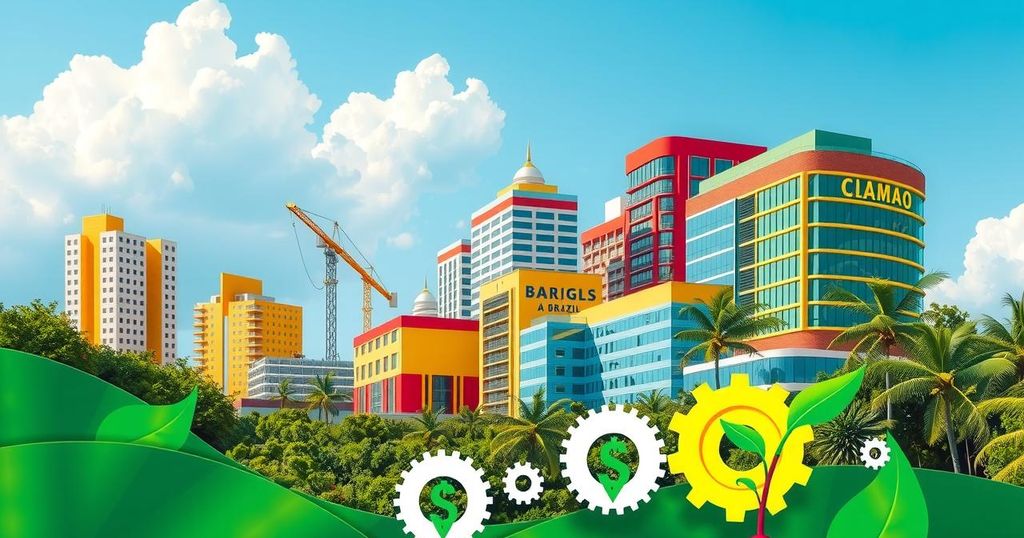Brazil Introduces Comprehensive Income Tax Exemption Plan Amid Popularity Struggles

Brazil unveils a tax exemption for individuals earning up to 5,000 reais monthly, funded by taxes on high earners and foreign dividends, aiming to enhance popularity amid declining ratings. The initiative requires Congress’s approval by 2026, and faces uncertainty over potential amendments.
Brazil’s government has introduced a new income tax exemption plan that will exempt individuals earning up to 5,000 reais ($881.27) monthly. The shortfall in tax revenue is proposed to be compensated by new taxes on the wealthiest citizens and on profits and dividends sent abroad. This initiative is part of President Luiz Inacio Lula da Silva’s efforts to enhance his popularity amid declining approval ratings.
This proposal, characterized as a key element for middle-class support, includes additional measures to increase disposable income, such as a new payroll credit system and relaxed regulations on severance fund withdrawals. Economic Policy Secretary Guilherme Mello addressed concerns regarding potential inflation arising from these measures, suggesting that improving income distribution could enhance growth without causing inflationary pressures.
The plan aims for fiscal neutrality, with a focus on promoting tax justice. For the proposal to take full effect, it requires Congressional approval this year, ahead of Brazil’s 2026 presidential elections. The legislative pathway, however, is uncertain as House Speaker Hugo Motta indicated that amendments could be made to the bill, particularly due to lobbying from wealthier individuals and corporations.
The bill proposes a 10% withholding tax on profits and dividends sent overseas, which would generate approximately 8.9 billion reais annually. Tax Revenue Secretary Robinson Barreirinhas reassured that the new taxes should not deter investors since many nations allow offsets against taxes paid in Brazil. Furthermore, current regulations exempt dividend remittances from income tax altogether.
In addition to the exemptions for the middle class, the government intends to implement a minimum effective tax on high-income individuals, starting for those earning above 600,000 reais. This tax could gradually increase to a cap of 10% for incomes exceeding 1.2 million reais per year, potentially raising 25.22 billion reais in revenue. To alleviate the financial burden on the middle class, the government plans to adjust the tax-exempt threshold from 2,824 to 3,036 reais per month, in line with new federal minimum wage adjustments. The fiscal impact needs careful negotiation within Congress, as detailed by Finance Ministry Executive Secretary Dario Durigan.
The Brazilian government’s new income tax exemption plan aims to relieve low and middle-income earners while establishing a tax framework targeting the wealthiest individuals and profits sent abroad. This reformation strategy is crucial for President Lula’s diminishing approval ratings. However, the proposal faces an uncertain path in Congress amidst potential amendments pushed by influential lobbies. The expected revenue adjustments highlight a balance between tax relief for citizens and ensuring robust fiscal health.
Original Source: www.marketscreener.com








